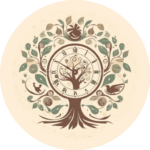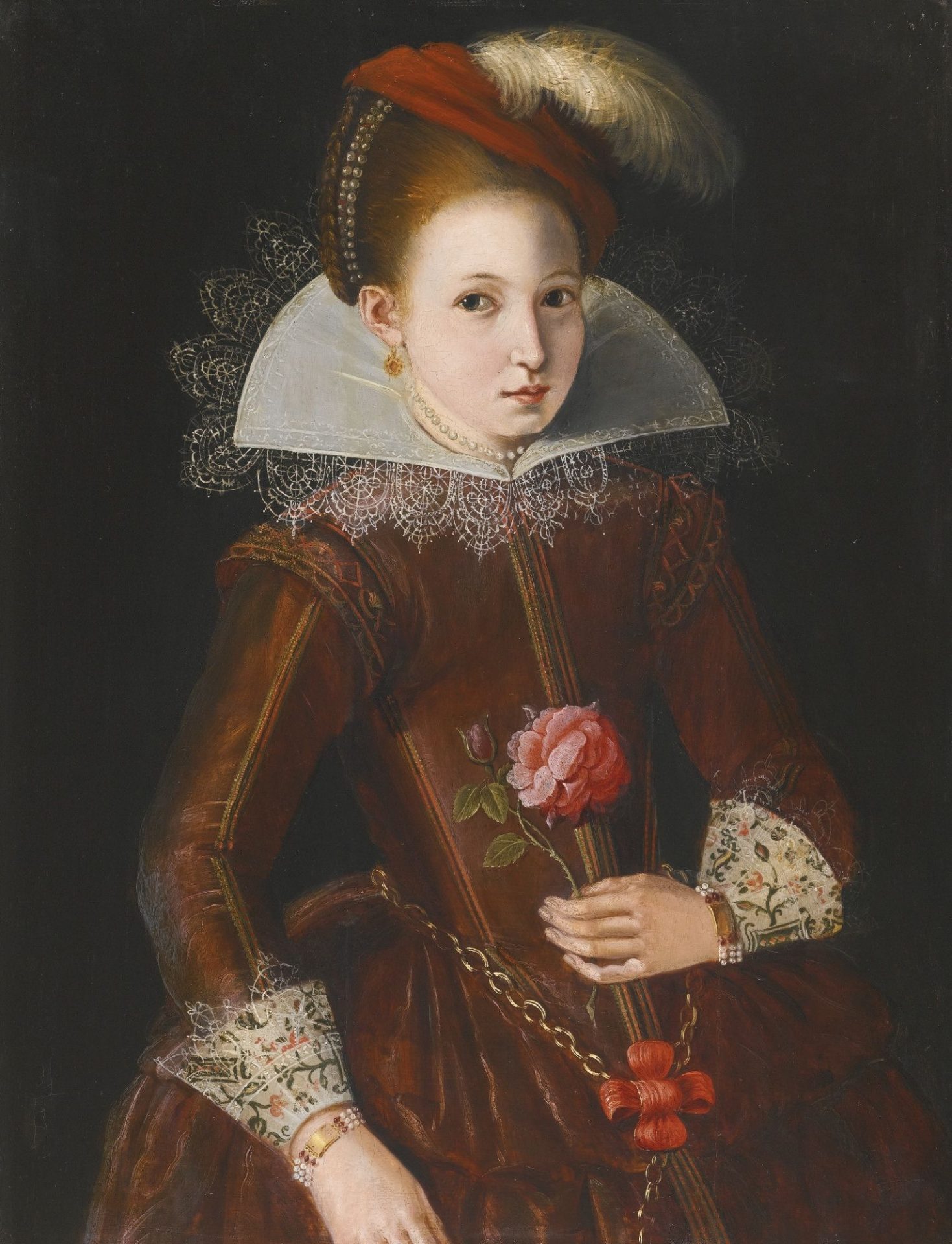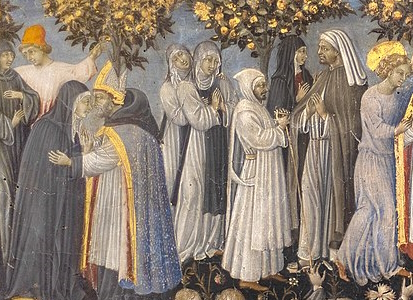CW: Torture, violence against women, sexual assault. Take a look at these paintings: What is this woman holding? We can tell she’s a saint by the halo around her head, but who is she? You may know this if you’re a Catholic – or an art historian – but this is St Agatha. The reason why I know this, is that …
Green Sickness: A Historical Look at the ‘Disease of Virgins’
Imagine that it’s 1554, and you’re the father of a young girl who is unwell. You write to a friend of yours, who is a physician, describing her symptoms, which include her being ‘pale, as if bloodless’. And this is the reply you get: The doctor continues, writing that the ancient Greek physician Hippocrates suggests that So… the solution for …
Hot Cross Buns: Discovering the Easter Treat’s Rich History
The hot cross bun, a cherished Easter symbol in the UK and worldwide, carries a tale woven through centuries, shrouded in mystique and tradition. While its origins remain clouded in history’s fog, it is said that the journey of the hot cross bun begins in the 14th century at St Albans Abbey. According to legend, Brother Thomas Rocliffe, a 14th-century …
Veiled Truths: Scandal and Mystery in a Renaissance Convent
Can being possessed by the devil ever be a good thing…? Well, for a 17th-century Italian nun who claimed to have seen Jesus Christ, plus literally marrying him, it kind of was. Plus it helped with all the accusations of her having sex… with another nun. Let me tell you a story. The story of Sister Benedetta Carlini, sometimes described …
The Medicine Behind the Nativity Gifts: Frankincense and Myrrh Revisited
One December, when I was around 5 years old, a nun at the Catholic school I went to in Brazil told us about the birth of Jesus. I wasn’t particularly interested in the star who showed the wise men the way, but I was very intrigued by their choice of gifts for a baby. Why would they give him gold, …
Eostre and Easter: ‘Rebranding’ a Spring Goddess to Fit Christianity?
Have you ever wondered where the word ‘Easter’ comes from? Let me introduce you to the Germanic goddess of dawn and spring, Eostre, after whom Easter was possibly named. (Historians and folklorists are still debating this, largely due to the paucity of sources about her.) Like many other Anglo-Saxon deities, Eostre was a victim of the expansion of Christianity, as …
‘Holy Anorexia’: The Fascinating Connection between Religious Women and Fasting
Social media might make it seem like fasting (and especially intermittent fasting) is something new. But fasting – voluntarily or not – has arguably existed for as long as humans have. People have abstained from food throughout history for many different reasons, not least of which scarcity of nourishment (think of hunter-gatherers during a harsh winter).
‘Before she was in labour, she gave birth’
As Christmas approaches, we are bombarded with images of the birth of Jesus Christ – or rather, with depictions of mother and child after the delivery. Indeed, while there are modern reimaginings of what this scene might have looked like, there are few earlier representations of Mary’s labour. How might that scene have looked? How did people conceptualise Jesus’ birth …









